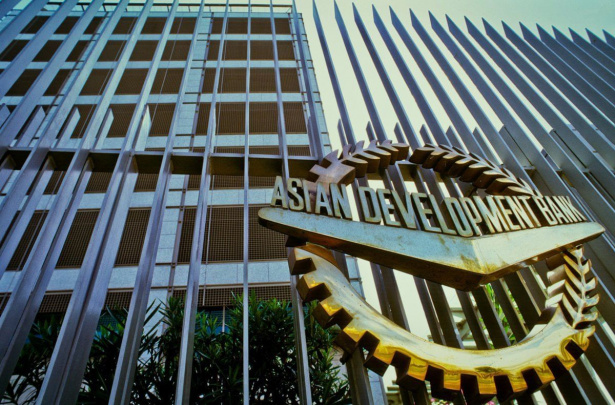Uzbekistan develops Entrepreneurial Code

On June 16 of this year, the Chamber of Commerce and Industry held meeting, which was attended by Minister of Justice Ruslanbek Davletov. He spoke about the Entrepreneurial Code, about the analysis of problems in legislation on entrepreneurship, and their solution.
The Minister highlighted two main issues.
Firstly, this is the Entrepreneurial Code developed by the Ministry of Justice, and secondly, an analysis of entrepreneurship legislation issues, and their solution.
“Everyone needs to understand that the main essence of entrepreneurship is the profit, efficiency and investment of the profit. That is, the more profit the entrepreneur has, the more he will invest, and this will serve the growth of the country. So, the state is interested in the growth of entrepreneurship,” Ruslanbek Davletov said.
It is noted that the Ministry of Justice is developing a draft Entrepreneurial Code, which will become the only legal source for entrepreneurs. The project is developed on the basis of the principles of “One in two out”, BPR, which are modern methods of lawmaking according to the concept of smart regulation.
What is the purpose of the code?
Firstly, there are about 5,000 regulations related to entrepreneurial activity. Excessive number of documents can cause conflicts between them. Naturally, there are difficulties in finding the necessary document and applying them in practice, and this entails justified claims of business entities.
The minister said: “An entrepreneur must work and implement his ideas. Therefore, we must present a compact and understandable set of legal norms. For example, in Japan, an entrepreneur needs only a Commercial Code, and he works in accordance with it.”
Secondly, in the legal regulation of the sphere, there is a need to eliminate voids, based on modern trends, the issue of the complete regulation of new social relations from a legal point of view. For example, the criteria of “medium business”, innovative entrepreneurship and electronic commerce (enterprises - startups, innovative clusters, technological parks, etc.).
It is noted that the adoption of the Entrepreneurial Code will serve to unite acts with various conflicts into a single document, stabilize laws on entrepreneurship, reduce state interference in entrepreneurial activities, as well as determine a unified approach in the field of entrepreneurial law.
It is reported that the draft will be submitted to the public for discussion in September-October.
Related News

17:04 / 26.12.2025
QR payment codes to become mandatory for self-employed and sole proprietors from January 2026

19:58 / 17.11.2025
New rules to ease licensing and business startup procedures in Uzbekistan

13:58 / 17.11.2025
Uzbekistan to introduce new system simplifying business registration

14:31 / 12.11.2025



